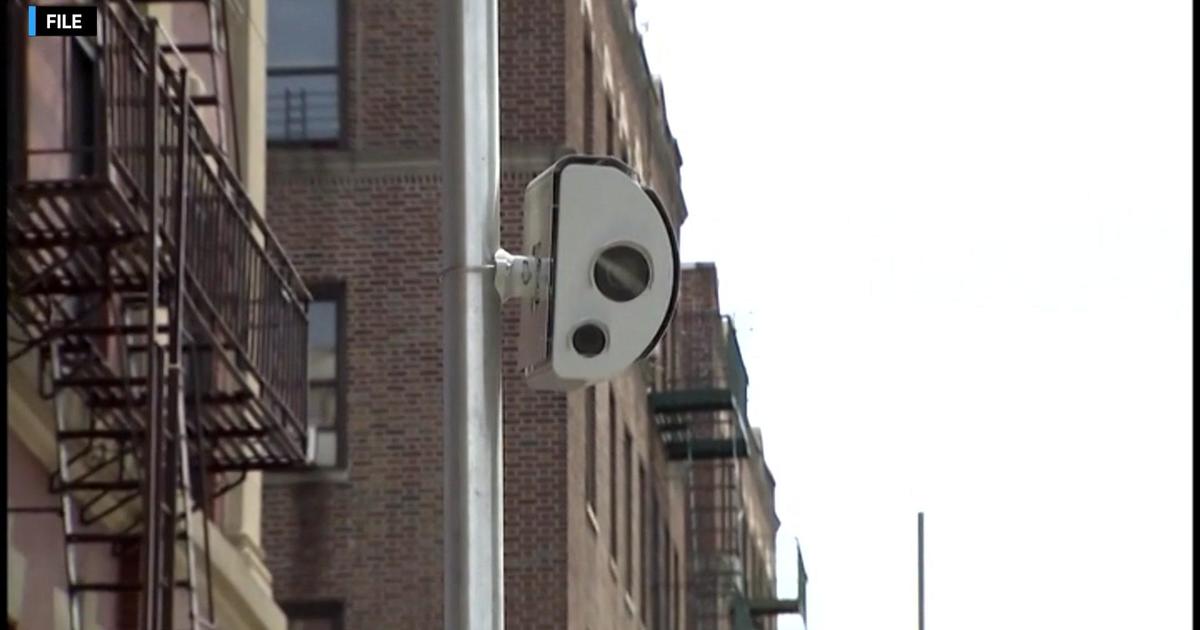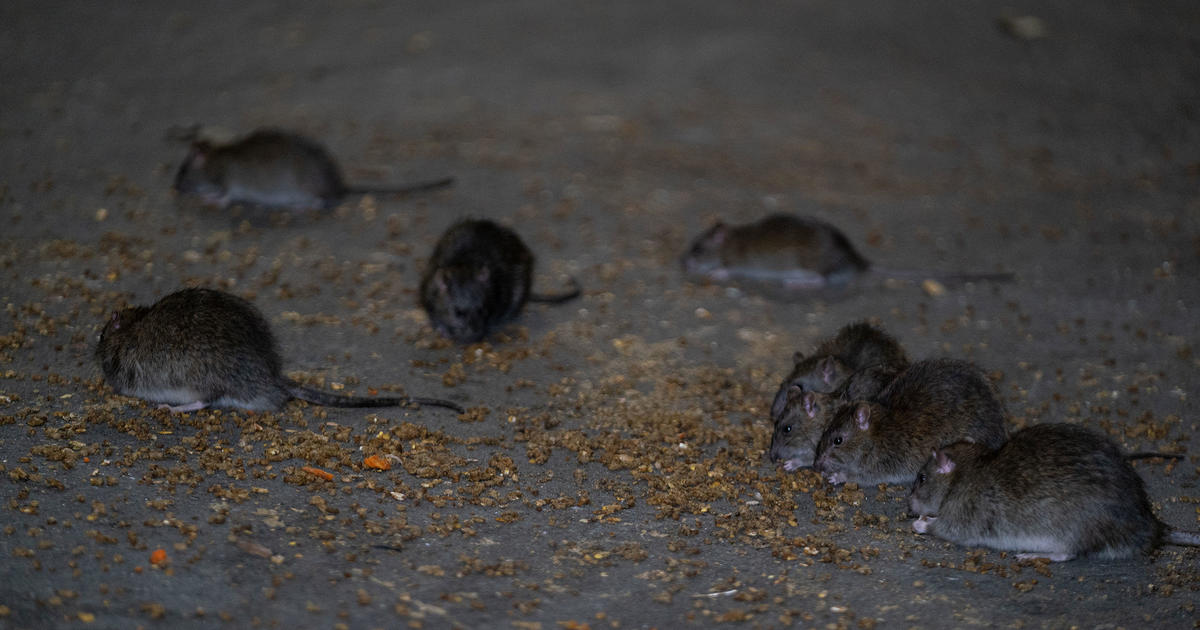New York State Legislator Introduces Bill To Shut Down Wet Markets, Citing Sanitary Concerns
NEW YORK (CBSNewYork) -- Some scientists believe the coronavirus may have first jumped from animals to humans in a Wuhan wet market, where live animals are sold and sometimes slaughtered.
There are many wet markets right here in New York City, and there is now a push to shut them down.
In the middle of Ozone Park, Queens, off Woodhaven Boulevard, you'll find Madani Halal Poultry.
"Walk in off the street, choose your animal and then from there, we slaughter it," owner Imram Uddin said, "and we slaughter it in accordance to Islamic law, which is called halal."
Uddin's family has been running the slaughterhouse for decades. It's one of more than 70 legal live animal markets in New York City.
"The majority of our clientele are lower middle income. They can go to the local large supermarket and buy poultry for a fraction of the cost, but they choose to come here because they want the better quality. They want to maintain their traditions," Uddin told CBS2's Ali Bauman.
These markets sell poultry, lamb and goat. They do not sell exotic animals like some markets around the world.
CORONAVIRUS PANDEMIC
- Resources, Hotlines, Unemployment & Covering Bills
- Remote Learning Tools For Parents Teaching At Home
- Ask Dr. Max Your Health Questions
- How Make Your Own DIY Face Mask
- How To Safely Remove Disposable Gloves
- Tips For Parents To Help Kids Cope
- Chopper 2 Over Empty NYC Streets, Landmarks
- Complete Coronavirus Coverage
According to the Centers for Disease Control and Prevention, there is no evidence domestic animals can spread COVID-19 to humans, but more than 6 out of every 10 known infectious diseases in people can be spread from animals.
"It's really not the optimum sanitary conditions in those markets and that is part of what leads to viruses being produced and jumping to humans," State Legislator Linda Rosenthal said.
Rosenthal has introduced a bill to close all wet markets in New York while a task force studies how they can operate in a more sanitary way.
"The fact that vectors of disease are present in these live markets in New York City means that we're just waiting for something catastrophic to happen," Rosenthal said.
CORONAVIRUS: NY Health Dept. | NY Call 1-(888)-364-3065 | NYC Health Dept. | NYC Call 311, Text COVID to 692692 | NJ Health Dept. | NJ Call 1-(800)-222-1222 or 211, Text NJCOVID to 898211 | CT Health Dept. | CT Call 211
Madani Halal Poultry sells more than 100 animals each day, and shipments come in six days a week from farms in New Jersey and Pennsylvania.
"The farms that we purchase from, they have certification showing that the animals are disease-free," Uddin said.
Uddin says shutting these markets down would be devastating to New Yorkers buying kosher or halal meat.
"They're all located in ethnic communities and to take that away from them is a shame," he said.
The state department of agriculture inspects these markets seven times per year and says they're re-inspected if not up to code.



